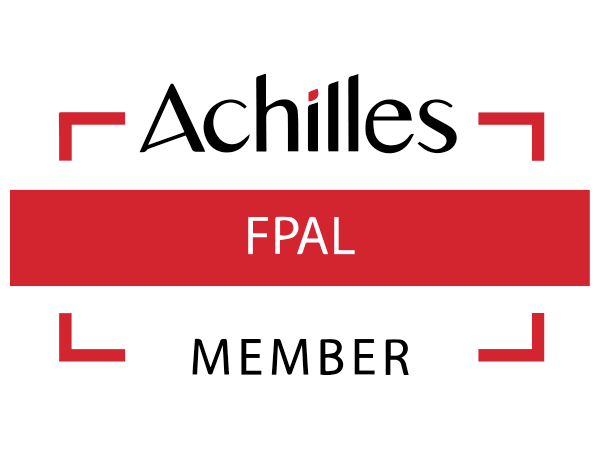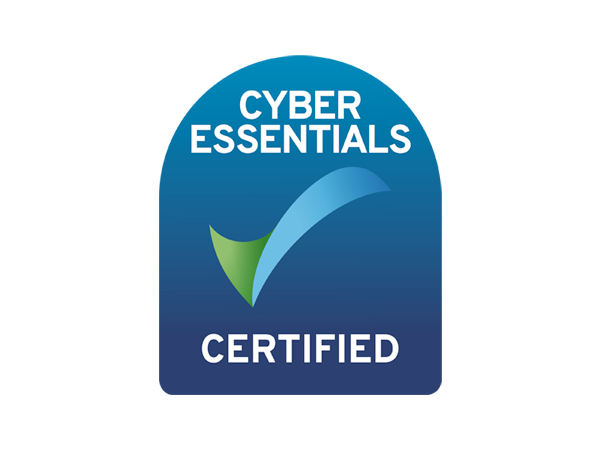Introduction
The business of petroleum exploration & production is not only very complex and capital intensive; it is also of extreme importance to most of the producing countries’ economy. The very heart of the management of such a highly technical and operationally complex business is Corporate Planning.
Similarly, the best practices found in the industry and which ensure its success is predicated on strategic rather than general management.
This two modular technical training workshop has been designed strictly for staff, supervisors and manager engaged in Planning Functions and other critical aspects (departments) of the Upstream sector of the petroleum industry.
The program teaches critical technical know-how required to effectively run or be an effective staff of the Corporate Planning Department, the Finance & Accounting or Materials Management Departments of an International Oil Company (IOC) or National Oil Company (NOC).
National Oil companies and their Divisions/Subsidiaries are constantly in Joint Venture(JV) with IOCs or are acting in supervisory & regulatory roles, and therefore must acquire and constantly update the technical competences to effectively perform these roles such that their national (country) objectives could be attained.
On the other hand, IOCs must ensure efficient deployment of JV Partners resources for effective delivery of financial, environmental & other corporate goals as expected by their stakeholders.
We have designed this program with a view to deliver it through:
- Overview of Theoretical Background
- Case Studies & Simulation of Live Situations & Scenario Modelling.
- Class Individual & Group Exercises
- Video Clips
- Critical Analysis & Examination of Every Aspect of the program content & free minded discussion of issues with a view to provide solutions.
All of the above will ensure that attendees acquire the under listed expected learning outcomes through the two week classroom setting delivery.
With the exception of a few basic courses, most of our programs are solution based.
PARTICIPANTS ARE WELCOME TO ATTEND BOTH MODULES OR EITHER OF THE TWO MODULES.
Learning Outcomes: What participants will learn.
- Ability to know the Key Performance Indicators (KPI) for an E & P company be it under JV or PSC or Service Contract.
- Ability to measure accurately & decide which of the operating companies had better productivity and the extent of Value for Money the JV partners get, using critical KPIs.
- Participants will be in a better position to perform data analysis.
- Participants will improve on their report preparation in terms of accuracy and reproducibility of analysed data. All being key aspects of Business Intelligence and effective Corporate Planning.
- The budgeting aspect will strength participants’ ability to prepare more plausible budgets through a more concise analysis of the economic environment & the adoption of more accurate assumptions, particularly assumptions for forecasting national & global economic barometers & parameters that impact the industry.
- Improved budgetary control in both benchmarking & cost ascertainment and cost control.
- Increased knowledge of critical investment appraisal yardsticks particularly the real life ability to calculate DCF/NPV & therefore IRR.
- Attendees will know the differences between General Management & Strategic Management and how to employ Strategic Management in oil & gas exploration & production business management.
- Adequate understanding of the Planning Cycle & how to initiate & run it specifically for E&P operations.
- Attendees will learn about what constitutes the internal & external environment of an E&P company either as Operator or as Govt. Regulatory / Supervisory Organisations, and how to conduct Environmental Analysis statistically.
Content: Module 1
- Overview of the Upstream Sector of the Petroleum Industry – Oil & Gas (E&P)
- Strategic Corporate Management:
- Overview of General Management.
- Strategic Management Vs. General Management.
- Strategic Management Process Application to Oil & Gas (E&P) operations
e.g.- (i) Use of SWOT Analysis in Oil & Gas Exploration Production.
- (ii) Multiple Regression Analysis for Strategic Management in the O&G
Industry.
- Management National Oil Company (NOC) as an offshoot of the country’s resource Management objectives.
- Employing Critical Managerial competencies e.g. Problems Solving, Team Work, Communication.
- Managing Subordinates (Employing Needs Hierarchy)
- The Manager & The Leader: Key Elements of Successful Leaders & Managers.
- Corporate Planning in Oil & Gas (E&P) Industry:
- Environmental Analysis: Business Environment Forecasting, Economic Rates (Forex, Interest & Inflation Rates Forecasting), National & Global Money Supply Forecasting & Project Finance Souring Options.
- Investment Analysis: Project/Investment Viability & Profitability Estimation. IRR/DCF/NPV, Key Aspects of Project Supervision & Cost Benchmarking.
- Budgeting & Cost Control: Work program Appraisal, Budgeting criteria, Budgetary Control.
- Joint Venture Cash Call Challenges & Resolution e.g. Common Cost Resolution.
- Cost Recovery in Production Sharing Contracts (PSC) & Cost Oil Minimization.
- Typical Petroleum Industry (Upstream Sector) Planning Cycle.
- Key Performance Indicators (KPI) for Oil & Gas (E&P) Operations:
Introduction to KPI:- Why KPI? The Best Metrics for the Petroleum Industry Performance Management
E.G. Finding Cost per Bbl, Bbls per Employee, Production Cost per Bbl., Corporate
Social Responsibility (SCR) KPI e.g. Annual Direct Community Investment VS. CAPEX,
Local Indigenes Employees VS. Total No. of Employees, Drilling Costs Benchmarking
($/ft). - Peculiar & Relevant KPIs for Major Departments of an E & P Coy. E.g. Financial KPIs
(ROCE, Project IRR, & Budget Deficit and O & G Cash Call Overcalls vs. Over
Performance.) - Supply Chain (Materials Dept.) KPIs including Vendor Vetting Indices, Inventory
Carrying Cost. - KPIs for National & Corporate Objectives Evaluation
- (i) Gas vs. Oil Exploration CAPEX in 3-5 years Work Program (For National Objection of gas Domestication) Fiscal Policy Tolls as Driver for Attainment of High KPI Ratings by IOC.
- (ii) Reserve to Production (Reserve Additions) as KPI for Increased National Oil & gas reserves.
- Types & Sources of KPI Measurement/Computational Data for the Petroleum (E&P) Industry.
- Management Information System (MIS) & KPI for Effective (Strategic) Corporate Planning & Management
- Why KPI? The Best Metrics for the Petroleum Industry Performance Management


